Leadership
Leadership Attitudes
- Theory X
- Employees dislike work and don't want to take responsibility. It is the manager's job to incentivize them to work hard using carrots and sticks, and to take responsibility for their work.
- Theory Y
- Individuals are intrinsicially motivated to do their work. A manager's job is to create an environment where they're given the autonomy they need to thrive. Purposeful work and mastery of the craft are also strong motivators.
Build projects around motivated individuals. Give them the environment and support they need, and trust them to get the job done.The most effective Agile environments are based on a Theory Y attitude. Note that the first step here is to acknowledge the intrinsic motiviation employees already have. Be on the look out for organizational structures and management attitudes that signal Theory X. Theory X will dampen people's sense of intrinsic motivation, and making a shift toward a Theory Y environment takes time and patience.
 Drive: The Surprising Truth About What Motivates Us by Dan Pink.
"We are not problems waiting to be solved, but potential waiting to unfold"
Drive: The Surprising Truth About What Motivates Us by Dan Pink.
"We are not problems waiting to be solved, but potential waiting to unfold"
Dan Pink summarizes the ideas in the book quite well in this excellent 10-minute video:
Coaching & Facilitation
Coaching & facilitation skills are key to success in an Agile environment. If the expert or the loudest voice in the room are the only ones talking, the team's thinking will remain within the familiar options, and the team will feel less engaged. This skill is important at both the team and management levels. See my article Why Coaching Matters for more, and take advantage of the excellent resources below.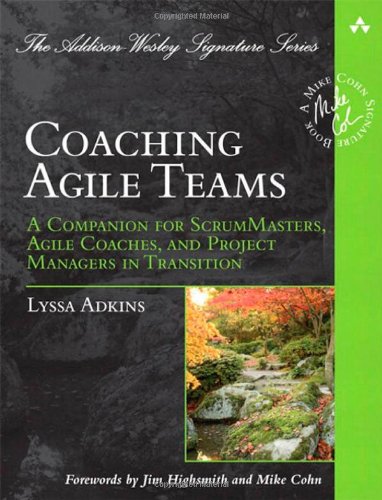 Coaching Agile Teams by Lyssa Adkins
Coaching Agile Teams by Lyssa Adkins
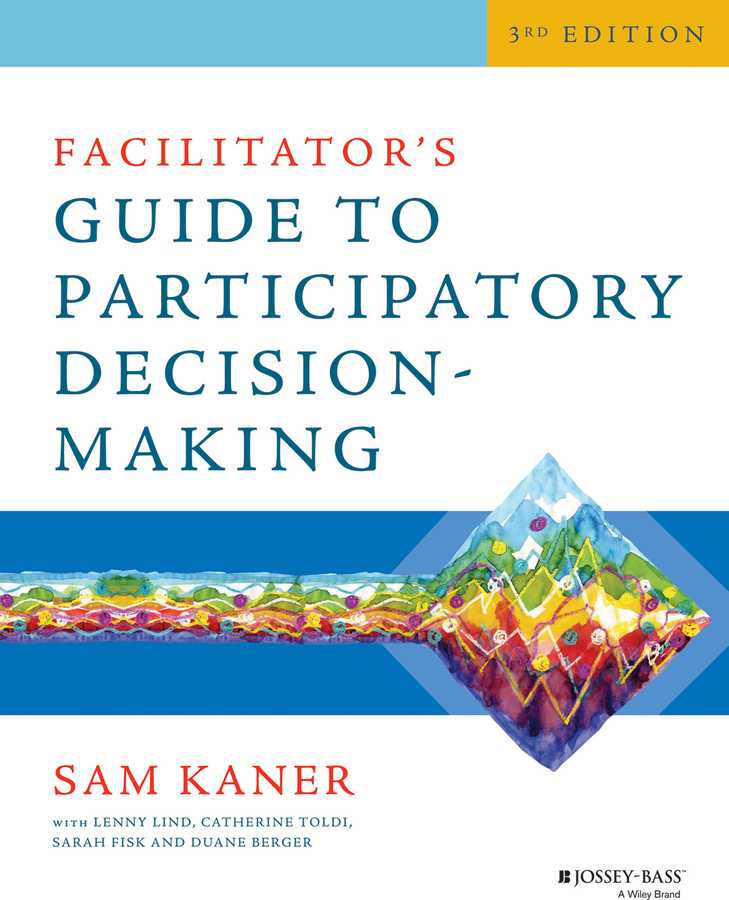 Sam Kaner's Facilitator's Guide to Participatory Decision-Making
Sam Kaner's Facilitator's Guide to Participatory Decision-Making
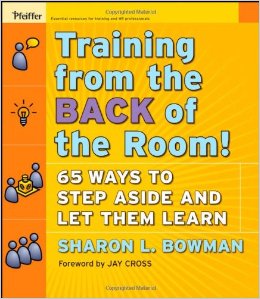 Sharon Bowman's Training From the BACK of the Room!
Sharon Bowman's Training From the BACK of the Room!
Continuous Improvement
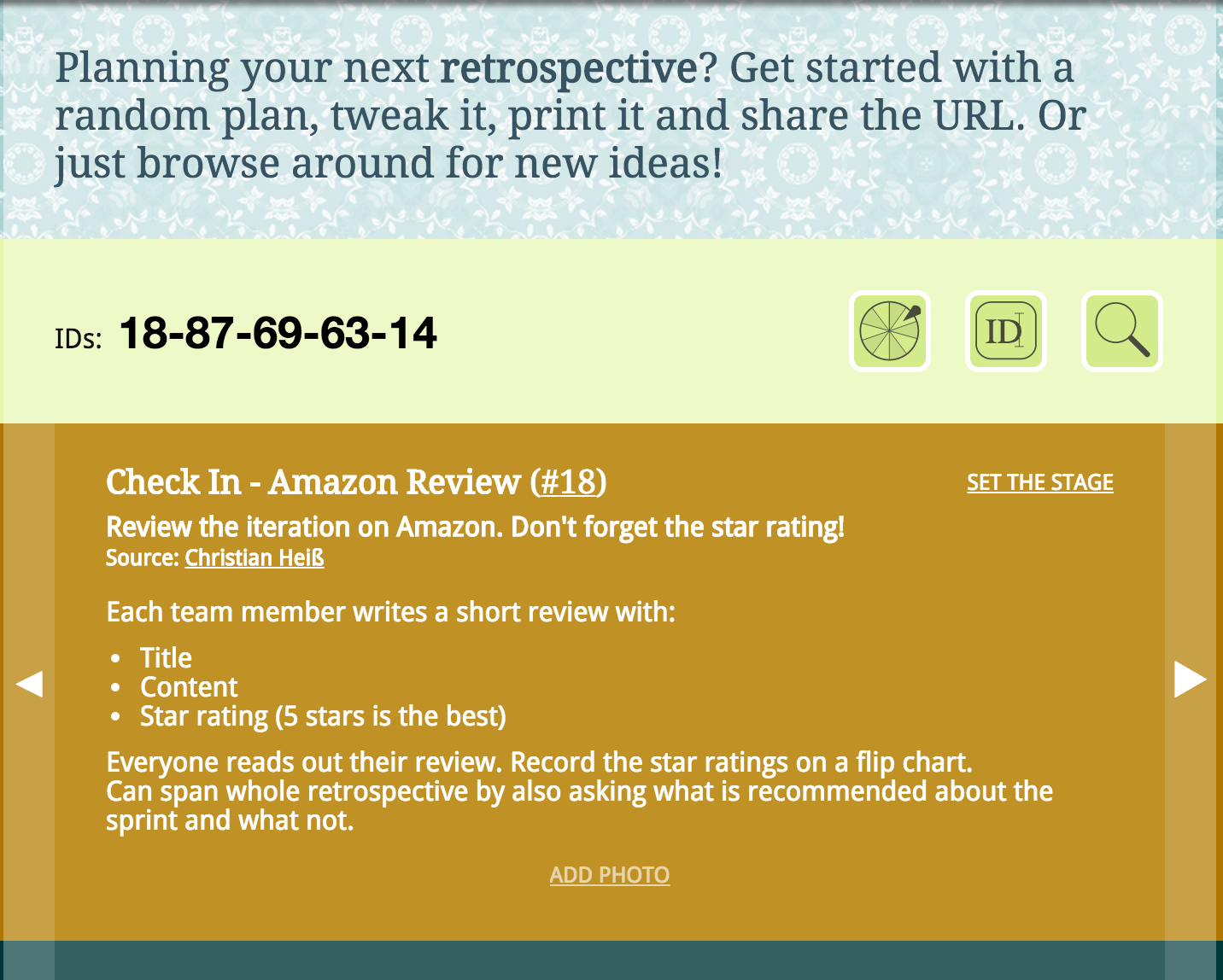 Retromat
Great resource for moving beyond the "What went well? What could have gone better? What will we do to improve?" retrospective to a format that generates more insights, deeper analysis, and more effective experiments to improve the team's process.
Retromat
Great resource for moving beyond the "What went well? What could have gone better? What will we do to improve?" retrospective to a format that generates more insights, deeper analysis, and more effective experiments to improve the team's process.
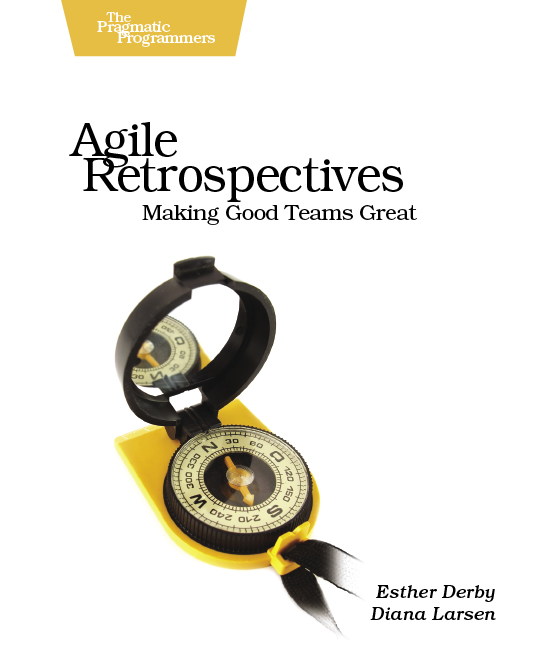 See Agile Retrospectives: Making Good Teams Great for more on the subject of retrospective formats.
See Agile Retrospectives: Making Good Teams Great for more on the subject of retrospective formats.
Technical Excellence
"Make smaller classes, make smaller methods, and let them know as little about each other as possible." -- Sandi Metz
 Sandi Metz' book Practical Object-Oriented Design in Ruby is an excellent resource
for Object-Oriented Design. The examples are in Ruby, but the principles are universal for any object-oriented language.
Sandi Metz' book Practical Object-Oriented Design in Ruby is an excellent resource
for Object-Oriented Design. The examples are in Ruby, but the principles are universal for any object-oriented language.
